Legal Filing Service in Knoxville
What is Legal Filing Service and Where can I Find Service in Knoxville?
Legal filing service is the act of submitting a document to the clerk of a court. This is for the court’s immediate consideration and for storage in the court’s files. Courts will not consider motions unless a memorandum or brief files before the deadline. Usually, there a filing fee which is part of court costs.
In civil procedure systems, filing rules can be mandatory or permissive. In mandatory filing, all documents exchanged between the parties file with the court. While in a permissive filing system, nothing needs to file. This is until the case reaches a point where direct judicial management is necessary.
For example, the United States federal courts operate on a mandatory filing system. This is with minor exceptions for the most routine discovery exchanges. In contrast, the U.S. state of New York has a permissive filing system. This system modified in 1992 but still operates in its traditional form in lower courts.
Filing
Filing may also refer to submission of a form to a government agency, with or without an accompanying fee.
Filing performs by visiting a clerk at a filing window. Other methods are paying a filing fee by cash, check, or credit card. Also, submit the document to file in duplicate or even triplicate. For each document filed, the court clerk inspects the document. This is to ensure compliance with the court’s rules. Rules on how legal documents should format. This verifies that the filer has not declared a vexatious litigant. As a result, it confirms that the case number and caption are valid. Next, the court clerk then stamps both copies with a large stamp. This indicates the name of the court and the date the document files. Then the court keeps one copy for the court’s files and returns one copy to the filer for the filer’s own records. In courts that require triplicate submissions, the third copy goes to the chambers. Also, it may go to the courtroom of the judge assigned to the case. The clerk then adds the document to the docket for the case as well as any related deadlines or events.
If the document is the first pleading filed in a case, the court clerk also assigns a new case number. They then opens a new file for the case.
Electronic Filing
A newer phenomenon is electronic filing. This is where lawyers upload Portable Document Formats to a secure Web site. This site maintains either by the court (for example, the U.S. has CM/ECF) or by a commercial service like LexisNexis. This is convenient in that many courts can now accept filings at all hours. This is rather than only during regular business hours. Where e-filing is in effect, the filer requires to lodge a “courtesy copy” (that is, a conventional paper copy). This is at the chambers of the assigned judge by the next business day. The courtesy copy of the filing decides the motion at issue. The motion discards when no longer needed since the e-file is now the court’s master copy of the case file.
A few progressive courts now work primarily with electronic files. Courts such as the U.S. District Court for the District of Nevada. As a result, they abolished the copy requirement for filings below some pages.
Generally, filing fees are controversial. This is because some individuals believe that they impede access to justice. American litigants complain about fees all the time. The American system considers to be quite plaintiff-friendly by lawyers.
Many systems have filing fees for complaints that are proportional to the amount. Thus, the greater the damages sought, the higher the fee to file.
Even when one seeks a waiver for unfair fees, courts tend to waive only the amount of the plaintiff’s assets. What some consider to be the unfairness of this system, Austria implements. This results in a U.S. Supreme Court decision, Republic of Austria v. Altmann (2004).
Customer Service… The key to our success.
865.671.0617








